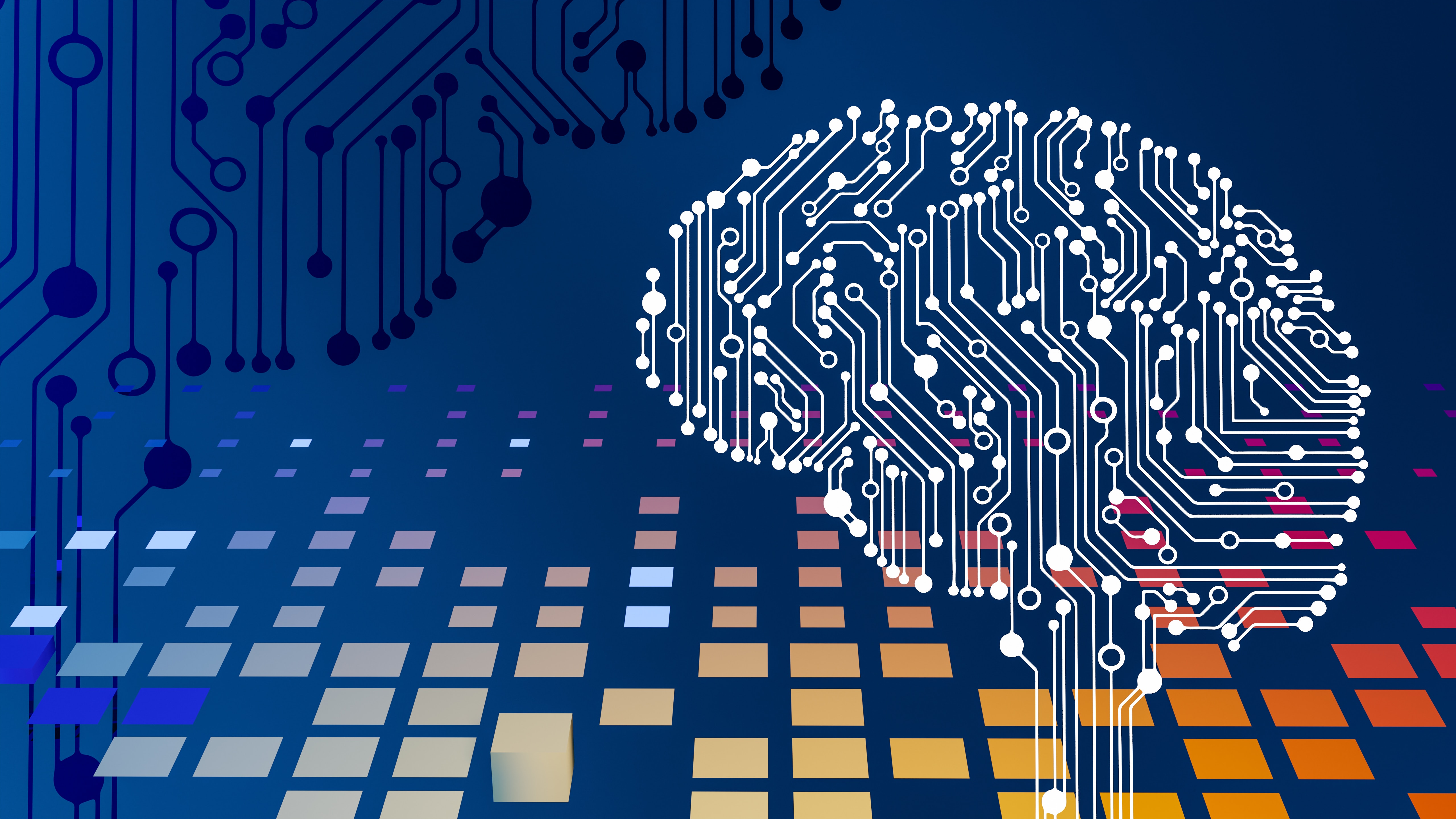
AI & Machine Learning

As we usher in the new era of digitization and smart technology, artificial intelligence (AI) emerges at the forefront, promising transformative possibilities in various sectors. Among them, mental health stands out as a domain that can especially benefit from AI's capabilities. With mental health concerns on the rise globally, there's an urgent need for innovative approaches. This article explores the revolutionary potential of AI in mental health care.
1. Early Detection and Diagnosis Traditionally, mental health diagnoses depend on subjective self-reporting and clinical assessments. AI, with its machine learning algorithms, can analyze vast datasets, including speech patterns, facial expressions, and even social media activity, to identify early signs of mental health conditions like depression, anxiety, or bipolar disorder. By providing timely interventions, the course of these conditions can potentially be altered.
2. Personalized Treatment Plans Every individual's mental health journey is unique. AI can analyze a patient's behavior, medical history, and genetic makeup to tailor therapy and medication specifically suited for them. This personalization can lead to more effective treatment outcomes and reduce trial-and-error methods in prescribing medications.
3. Virtual Therapists and Chatbots While they can't replace human interaction, AI-driven virtual therapists like Woebot have gained popularity. They offer immediate, stigma-free support to those in distress. By engaging users in cognitive-behavioral techniques, these AI tools provide relief, especially when immediate human intervention isn't accessible.
4. Enhancing Traditional Therapy AI doesn't always stand alone. It can augment traditional therapy methods. For example, by analyzing voice tone and speech during therapy sessions, AI can provide therapists with insights about a patient's real-time emotional state, ensuring no crucial information is overlooked.
5. Mental Wellbeing and AI Wearables AI-driven wearables can monitor physiological signs, like heart rate variability, to assess an individual's stress levels and emotional states. These wearables can then provide feedback, meditation exercises, or even just reminders to breathe, acting as a continuous support system.
Challenges and Ethical Considerations While AI presents significant advantages, it's essential to approach its integration into mental health with caution. Data privacy is a prime concern. Ensuring that sensitive patient information remains confidential is paramount. Additionally, there's the potential risk of misdiagnosis by AI tools, which could lead to inappropriate interventions.
Moreover, while AI can assist, human touch, empathy, and understanding remain irreplaceable in mental health care. The goal isn't to replace human professionals but to provide them with tools to enhance their practice.
Conclusion AI's role in mental health is a testament to its far-reaching applications. By offering timely interventions, personalized treatments, and continuous support, AI has the potential to reshape the mental health landscape. However, as we cultivate this future, it's crucial to balance innovation with empathy, ensuring that technological advancements truly serve humanity's best interests.
Curious about intriguing projects, industry perspectives, and our company happenings? Dive into our blog and discover what truly sets us apart as innovators.

AI & Machine Learning